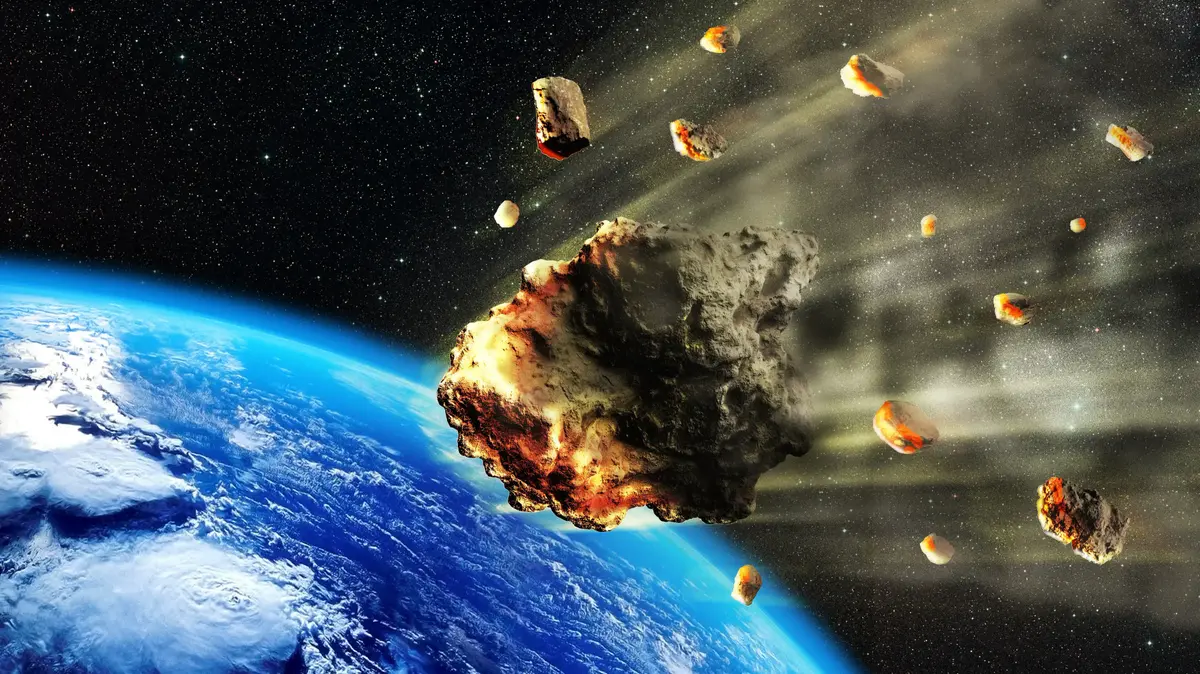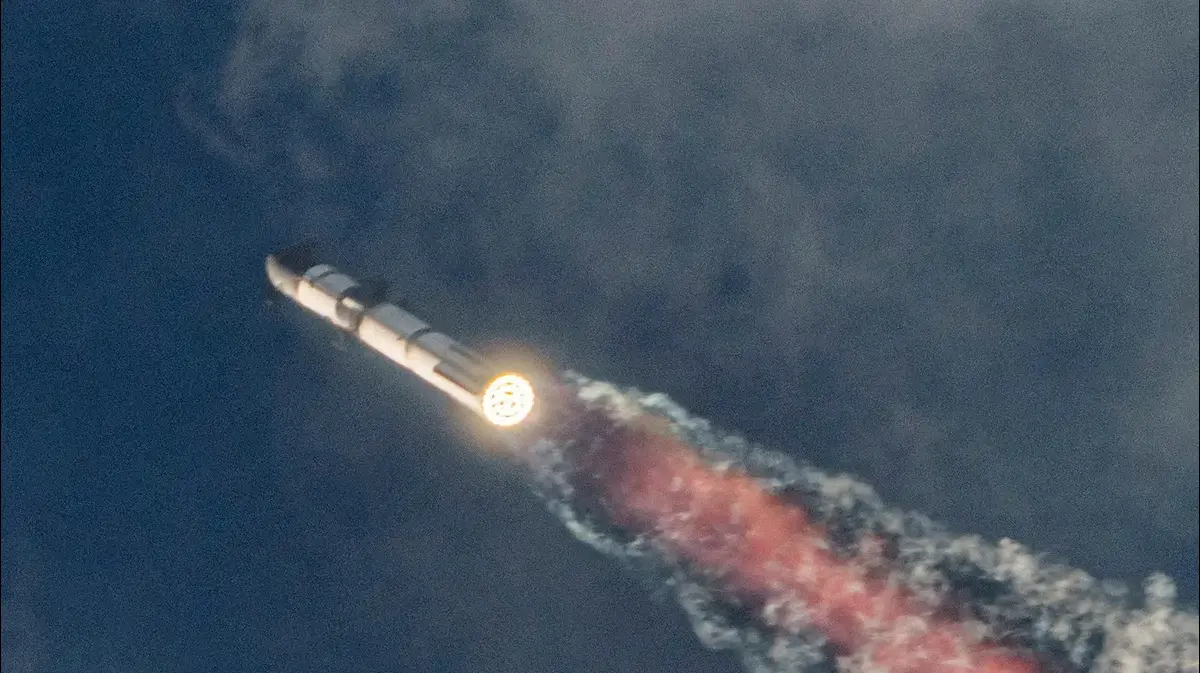A giant asteroid the size of Migdal Shalom could smash into Earth's orbit this month
The giant space rock, whose size is estimated to be about 160 meters, may crash into Earth's orbit in just two weeks - and it is not known exactly where it will hit.
At the same time - it is widely believed that the Earth's gravity will not pull it towards us and it will pass safely
not to be missed
04/09/2022
Sunday, September 04, 2022, 10:55 am Updated: 11:14 am
Share on Facebook
Share on WhatsApp
Share on Twitter
Share by email
Share in general
Comments
Comments
Is the planet at risk?
"There is a high probability of an asteroid hitting the Earth" (editing: Gadi Weinstock, narration: Liron Barry)
A massive asteroid that is probably about the size of Migdal Shalom in Tel Aviv is about to enter Earth's orbit in less than two weeks - and the various space agencies are watching it closely.
The space rock called RW 2008 approaches Earth's orbit once every three or four years, but this time it's going to be closer than ever — and the Daily Star reports that it looks like it's going to crash into our orbit very soon — on September 13 at 1:50 a.m., at a speed of about 10 kilometers per second.
It is expected to be about 6.7 million kilometers from Earth, which may sound far but in space terms it's pretty close and it's a close enough distance to be pulled in by Earth's gravity.
It's still unclear where it might land if it hits Earth, but it's close enough to be placed on NASA's watch list, though it's not yet classified as potentially dangerous.
An asteroid passes by the Earth (Photo: Giphy)
The experts at The Sky explained: "Asteroid 2008 RW has been known to us since September 2, 2008. This near-Earth object belongs to the Apollo asteroid group (the name given to space rocks that cross the Earth's orbit) and it makes one revolution around the Sun in 1023 days . At this time, the asteroid is moving away from the Sun at a maximum distance of 456 million kilometers and approaching it at a minimum distance of 139 million kilometers. The distance of asteroid 2008 RW from Earth today is 51.63 million kilometers, which is equivalent to 0.35 astronomical units. The light takes two minutes and 52 seconds to travel from asteroid 2008 RW and reach us."
The exact size of the asteroid is not clear, but it ranges from about 73 meters to 164 meters and if it does hit the Earth it could cause a lot of damage, but it is important to know that many asteroids usually pass in orbits much closer than this to us without falling into the gravitational force of a planet Country.
While small asteroids hit Earth on a regular basis, the last one the size of a small building passed over Russia in 2013 and was supposed to crash into Earth, but disintegrated just 20 km above the ground, creating shock waves that shattered windows and injured hundreds of people. Asteroid Tunguska - which was about 40 meters in size and hit Siberia in 1908 - could have destroyed an entire city or created a tsunami if it had fallen elsewhere on the planet. Asteroids larger than this could cause regional and even global catastrophe.
The Israeli Space Agency mentions that space is a very big place, and the chance that an asteroid will directly hit the Earth is almost zero.
The main concern is that an asteroid would come close enough to Earth to enter its "gravitational keyhole," about 30,000 km from the surface. At that distance, Earth's gravity would trap the body and lead to a certain collision.
Astronomers are currently tracking nearly 2,000 asteroids, stars Comets and other objects that threaten our planet Luckily, we haven't seen an asteroid on an apocalyptic scale since the space rock that wiped out the dinosaurs 66 million years ago.
More in Walla!
Mayors in Israel: "The shortage of educational staff - a national emergency crisis"
In collaboration with the local government center
technology
Tags
asteroid
Earth


/cloudfront-eu-central-1.images.arcpublishing.com/prisa/XY3C6N54G4B3XBPGV7YLE3AUKM.jpg)





